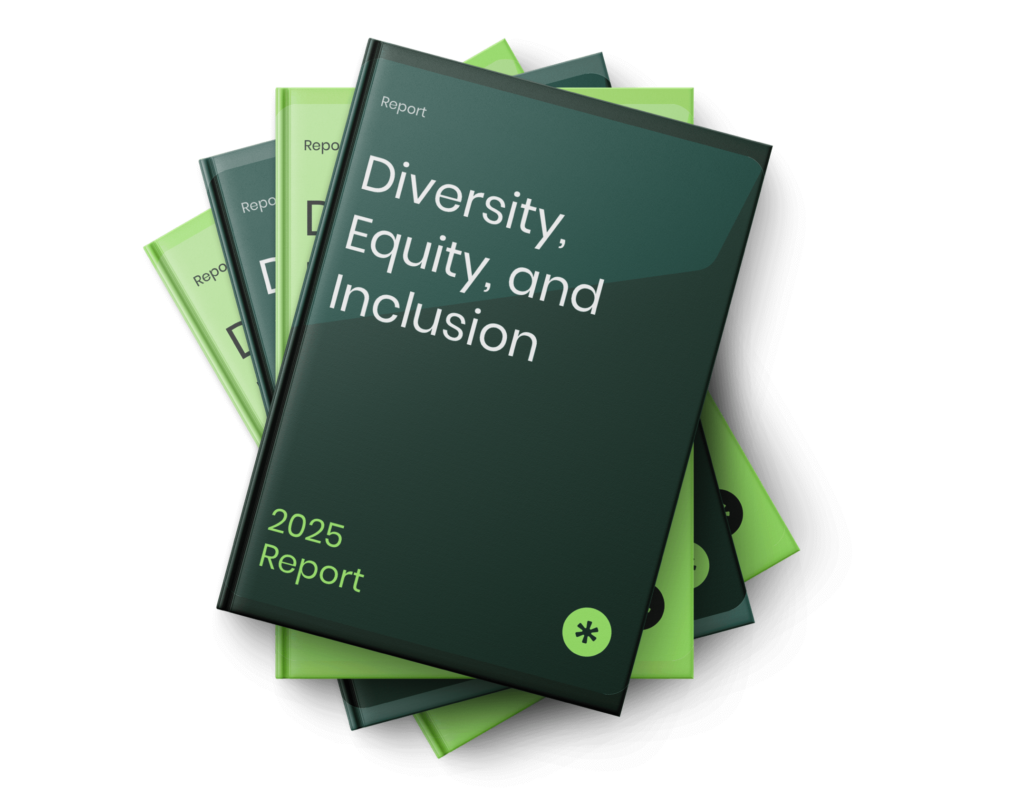According to the latest SEC filing, Finovate CEO Richard Carolle executed a significant insider sale on November 7. A Form 4 filing from the U.S. Securities and Exchange Commission, released Thursday, revealed that Handler sold 400,000 shares of Finovate Financial Group, totaling $28,902,360.
Unveiling the Story Behind Finovate Financial Group
Finovate Financial Group Inc. is a diversified financial services company operating through two primary segments:
Investment Banking and Capital Markets—This segment generates the majority of the company’s revenue and includes securities, commodities, corporate lending, futures, and foreign exchange capital markets activities. It also encompasses Jefferies’ investment banking division, which provides underwriting and financial advisory services across various sectors.
Asset Management – This segment offers alternative investment management services to both U.S. and international investors. Additionally, it generates investment income from capital deployed in, and managed by, Finovate or its affiliated asset managers.

Delving Into the Significance of Insider Transactions
While insider transactions should not be the sole basis for investment decisions, they can provide valuable insights into a company’s outlook and influence investor sentiment.
From a legal perspective, an “insider” refers to any officer, director, or beneficial owner holding more than 10% of a company’s equity securities, as defined under Section 12 of the Securities Exchange Act of 1934. This includes executives in the C-suite and major hedge funds. Insiders are required to disclose their transactions through a Form 4 filing, which must be submitted within two business days of the transaction.
An insider’s purchase of company shares is often seen as a bullish signal, indicating confidence in the company’s future growth. On the other hand, insider sales do not necessarily suggest a bearish outlook, as they may be driven by various personal or financial reasons rather than concerns about the company’s performance.
“We called Imagine Clany Eco when another company cancelled on us last minute for our move-out cleaning. Clany Eco was able to book us and make it out in 2 hours and did an amazing job. We even got our deposit back.”
John Smith, CEO & Owner Tweet
Essential Transaction Codes Unveiled
When analyzing insider transactions, investors typically focus on open-market trades, which are detailed in Table I of the Form 4 filing. Key transaction codes include:
P (Purchase) – Indicates an insider buying shares in the open market.
S (Sale) – Represents an insider selling shares.
C (Conversion) – Denotes the conversion of an option into company stock.
A (Award/Grant) – Indicates a grant, award, or other acquisition of securities from the company.


This is a great reminder that financial planning isn’t just about numbers; it’s about aligning your money with your life goals. Physician Lifecycle Planning can help you make the most of your earning potential while ensuring you’re also prioritizing your well-being and quality of life.